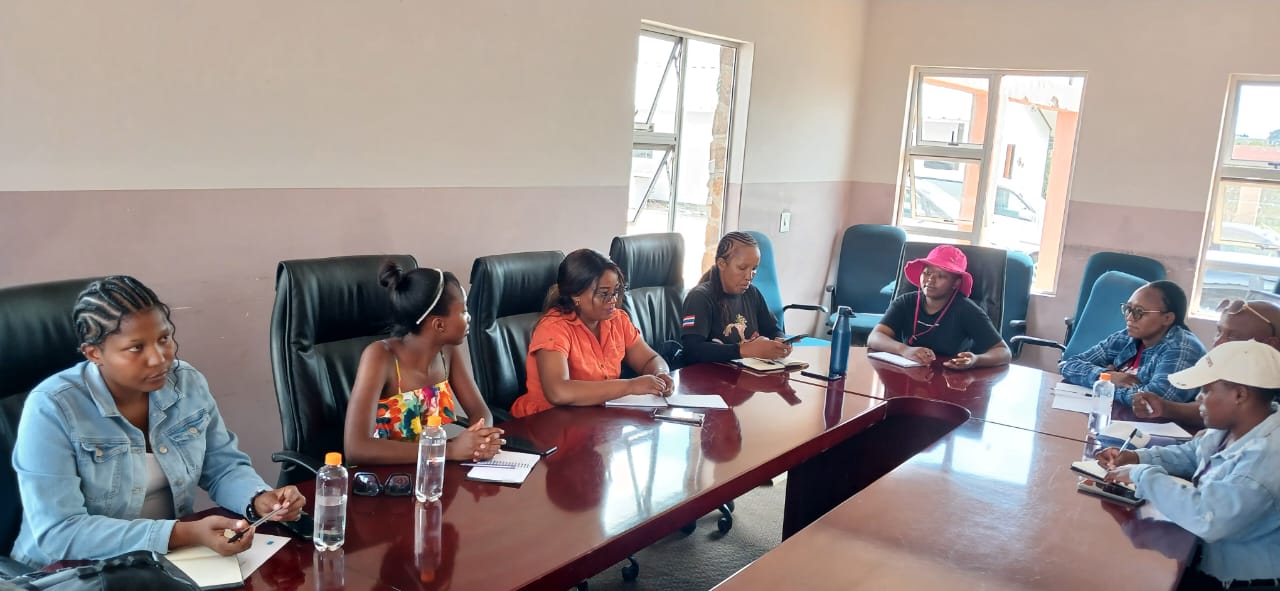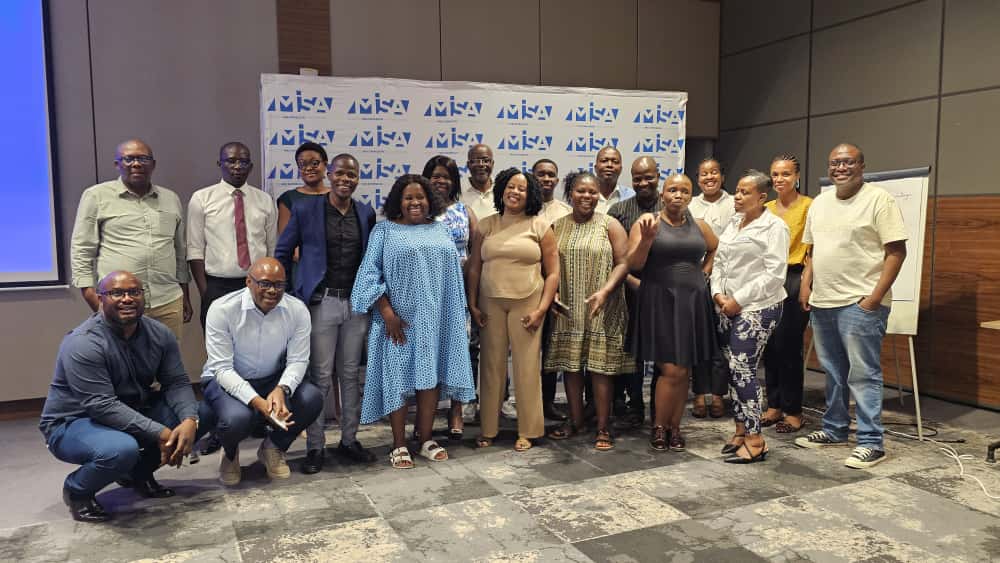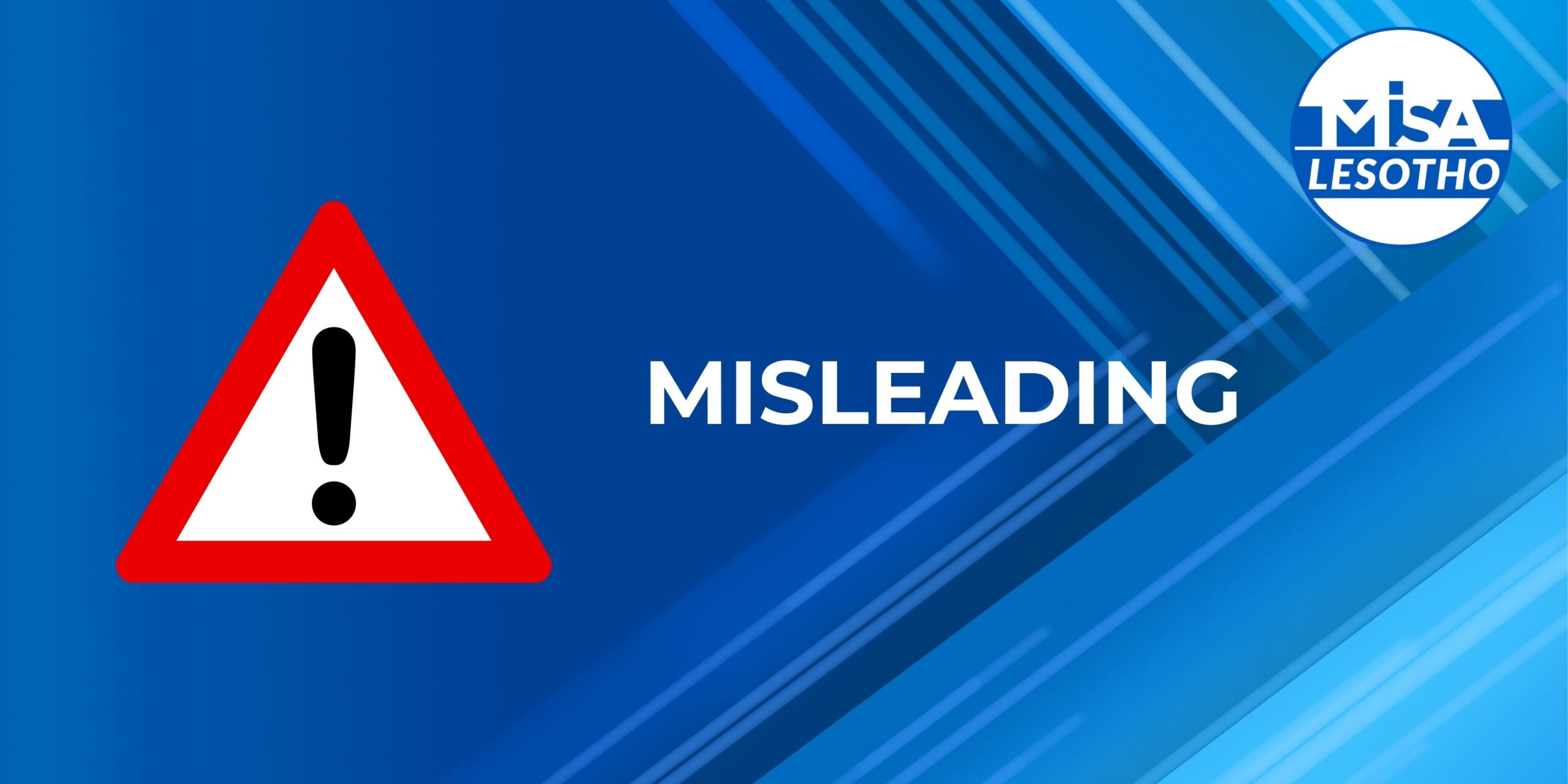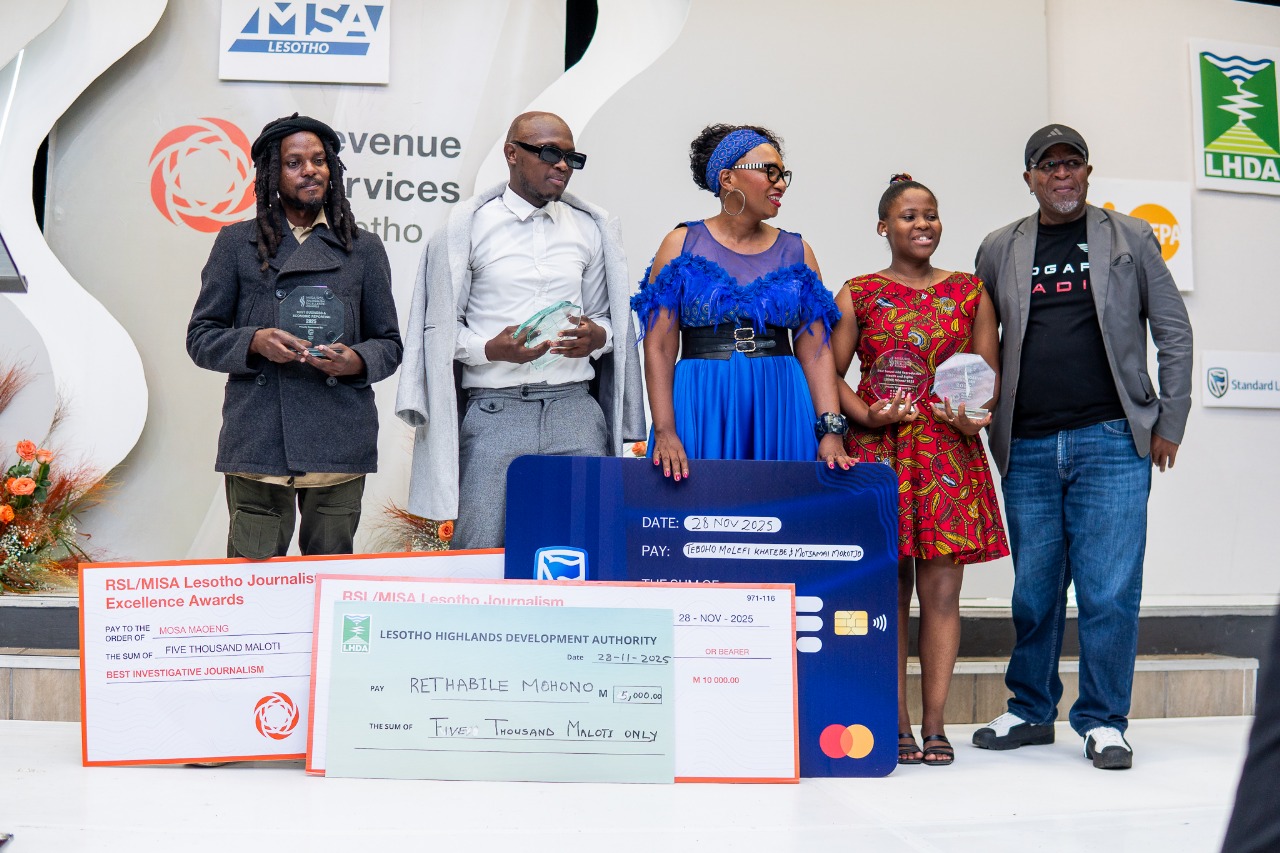Maleshoane Ratsebe
Lieketso Lerai, a young mosotho woman from Sehlabeng sa Thuathe, in Berea, is a victim of trafficking at the hands a woman who promised her a better paying job in Polokwane, South Africa. Lerai was later murdered by her buyer. (*For security reasons, the relevant authorities have requested MISA Lesotho not to disclose real names of Lieketso (fictitious) and her family members)
A man suspected to be of Nigerian descent had allegedly dumped Lieketso to rot in the woods where her body was later discovered by the South African forensic team. Lieketso’s body was later identified by her family and repatriated to Lesotho.
“My daughter was innocent and her intentions for going to Polokwane, after she was promised a better paying job, were good. She did not anticipate that she would be sold by someone she trusted and be killed by her employer,” Lieketso’s father recently told members of the media.
This is one story, now told by the victim’s family, that has prompted the World Vision International Lesotho to partner with MISA Lesotho and others, and organised a comprehensive field trip with six journalists, including this reporter, to tour Leribe, Berea and the outskirts of Maseru on January 27 to 30, 2025, on a mission to engage with victims of human trafficking, their families and the communities at large on the scourge of trafficking in persons (TIP), as a crime.
The field trip was also intended to highlight strides the country has taken in the recent past to mitigate the crime. The parliament of Lesotho has criminalised human trafficking by enacting the Anti-Trafficking in Persons Act of 2011.
Under the law, convicted culprits are likely to serve up to 25 years imprisonment for adult victims and life imprisonment if the victims are children.
Currently, the Lesotho Mounted Police Service’s (LMPS) Anti-Trafficking and Migrant Control (ATMC) units operate only in five districts, namely Leribe, Botha-Bothe, Mafeteng, Maseru and Mohale’s Hoek. The newly established Anti-Trafficking and Migrant Control Unit deals specifically with human trafficking cases within the LMPS.
In the other districts, where the ATMC units are yet to be established, the human trafficking related cases are still being reported with the police, but under the other LMPS’s specialised unit: Child and Gender Protection Unit (CGPU).
Under the new ATMC Unit, the police monitor the national border entry points and investigate human trafficking cases hand in hand with the Ministry of Home Affairs.
Lance Sergeant Likeleli Lebeko of the ATMC Unit in Leribe, said most of their operations were successful “when we are on standby, we even manage to intercept possible cases of trafficking before they happen.”
According to L/Sgt. Lebeko, the awareness on TIP is growing exponentially in the communities.
As the police, she said, they held routine community gatherings to sensitise them on TIP.
“During the festive season, there was fairly a large number of suspected cases of TIP reported by the community. The good thing about this development is that it is an assurance that the community can now notice signs of TIP. They can even curb the crime before it happens. The people are willing to fight TIP in their respective communities now,” L/Sgt Lebeko said.
She, however, highlighted lack of resources, among others, lack of professional training and inadequate funding.
“Our offices are under-resourced. When we investigate cases, we sometimes use our personal resources. To keep up with the ever changing tactics by the culprits, we have to conduct research from our own pockets,” L/Sgt Lebeko said.
Her counterpart, Sub Inspector ’Maboitumelo Motsokoa, disclosed they sometimes had to request for additional resources from the Beautiful Dream Society to pursue TIP related cases.
“Most of these cases involve foreign nationals and the lack of interpreters on standby at the courts of law, disrupt prosecution processes, and at times the cases fail to see light of day before the courts of law due to lack of evidence,” said S/Insp Motsokoa.











